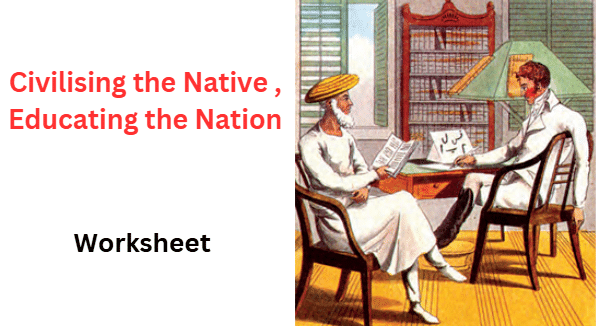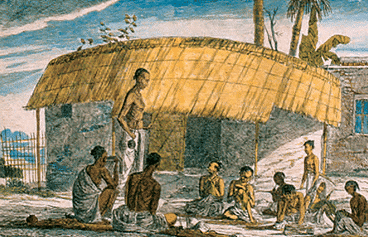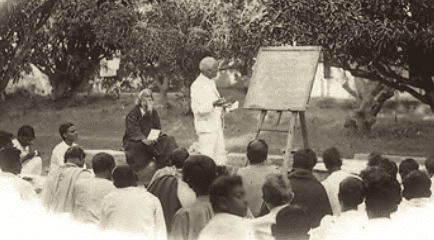Civilising the Native , Educating the Nation Class 8 Worksheet History Chapter 6
| Table of contents |

|
| Multiple Choice Questions |

|
| Fill in the Blanks |

|
| True or False |

|
| Match the Following |

|
| Very Short Answer Questions |

|
| Short Answer Questions |

|

Multiple Choice Questions
Q1: Who was William Jones?
A) A British officer who criticized Orientalism
B) A linguist who studied Sanskrit and Persian
C) A scholar who supported Western education
D) A politician in British India
Q2: What was the primary aim of Macaulay's Minute of 1835?
A) To encourage Oriental learning
B) To promote English as the medium of instruction
C) To establish more vernacular schools
D) To abolish higher education
Q3: Which institution was established in 1791?
A) Calcutta Madrasa
B) Hindu College
C) Santiniketan
D) Asiatic Society
Q4: What did Wood's Despatch of 1854 emphasize?
A) Promotion of Oriental learning
B) The need for moral education
C) Practical benefits of European learning
D) Establishment of more vernacular schools
Q5: Which of the following was a criticism of the Orientalist approach?
A) It was scientifically rigorous
B) It was full of errors and non-serious
C) It respected Indian culture
D) It promoted local languages
Fill in the Blanks
Q1: The ________ was established by William Jones to study ancient Indian texts.
Q2: The English Education Act was introduced in the year ________.
Q3: Mahatma Gandhi believed that colonial education created a sense of ________ in Indians.
Q4: Tagore's institution was named ________ which means 'abode of peace'.
Q5: The British aimed to transform students into ________ subjects.
True or False
Q1: Thomas Babington Macaulay supported the promotion of Oriental learning.
Q2: William Adam reported that there were over 1 lakh pathshalas in Bengal and Bihar.
 Village Pathshala
Village Pathshala
Q3: The British government invested heavily in missionary education from the beginning.
Q4: Mahatma Gandhi believed in the importance of teaching English to Indians.
Q5: Rabindranath Tagore emphasized rigid discipline in his educational philosophy.
Match the Following
| Column A | Column B |
|---|---|
| A) William Jones | 1) Founded Santiniketan |
| B) Thomas Babington Macaulay | 2) Promoted English education |
| C) Mahatma Gandhi | 3) Reported on vernacular schools |
| D) William Adam | 4) Established Asiatic Society |
| E) Rabindranath Tagore | 5) Opposed colonial education |
Very Short Answer Questions
Q1: Who was William Jones and what did he contribute to Indian education?
Q2: What did Thomas Babington Macaulay advocate regarding Indian education?
Q3: What was the main purpose of Wood's Despatch in 1854?
Q4: How did Mahatma Gandhi view English education?
Q5: What was Rabindranath Tagore's vision for education at Santiniketan?
 A class in Santiniketan
A class in Santiniketan
Short Answer Questions
Q1: What was the main goal of British education in India?
Q2: Who was William Jones and what did he do in India?
Q3: What did Thomas Babington Macaulay think about Indian knowledge?
Q4: What was Wood's Despatch and what did it aim to do?
Q5: How did Mahatma Gandhi view British education in India?
You can access the solutions to this worksheet here.
|
69 videos|431 docs|46 tests
|
FAQs on Civilising the Native , Educating the Nation Class 8 Worksheet History Chapter 6
| 1. What was the purpose of the British education system in India? |  |
| 2. How did the British perceive Indian culture and education? |  |
| 3. What role did missionaries play in the education of Indians during British rule? |  |
| 4. How did the introduction of English as a medium of instruction impact Indian society? |  |
| 5. What were the criticisms of the British education system in India? |  |
















